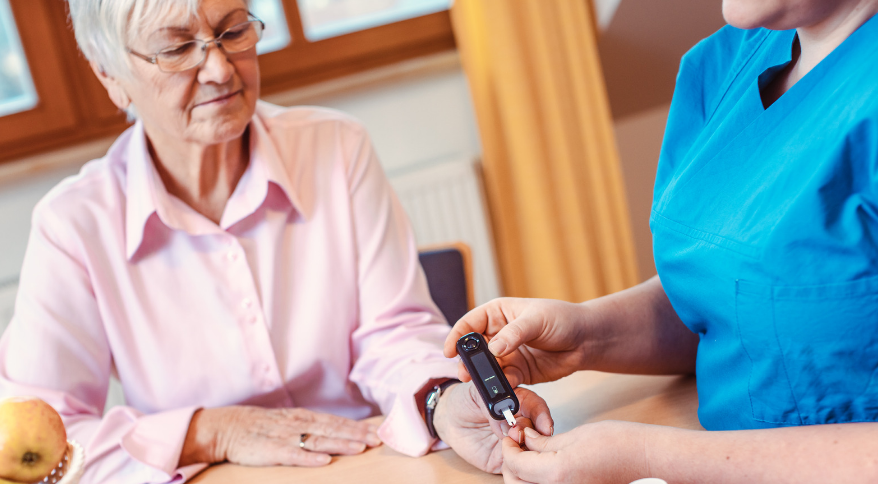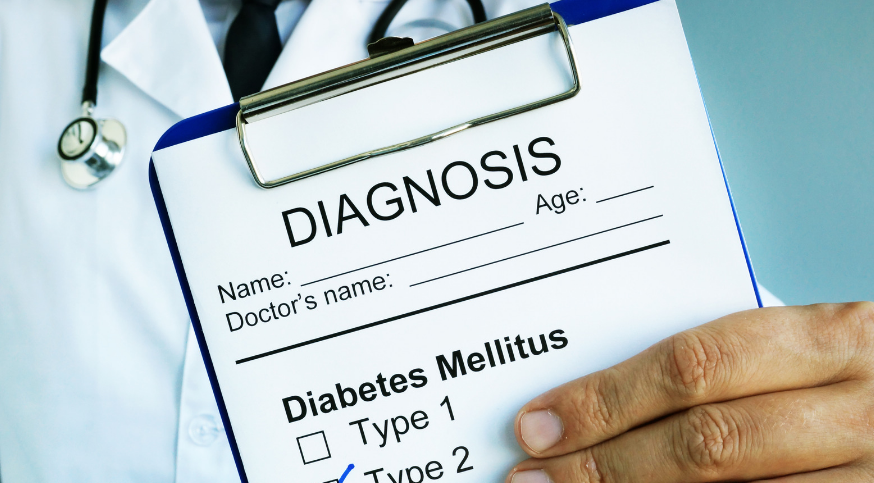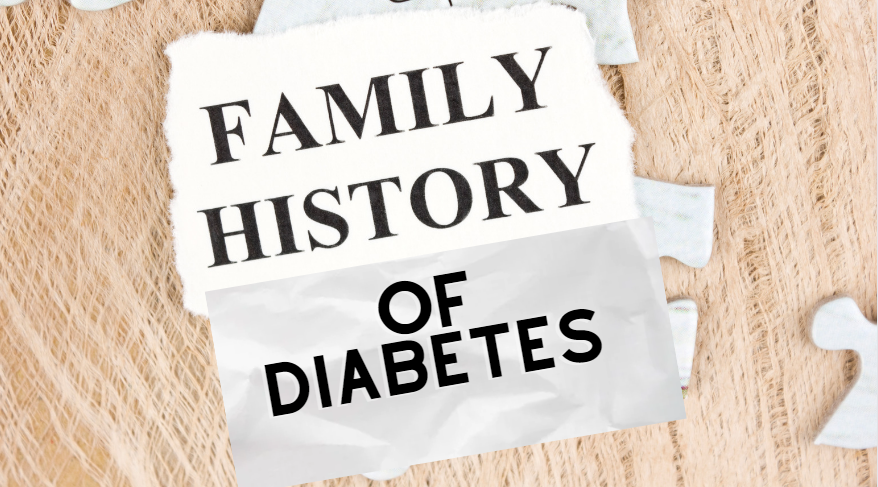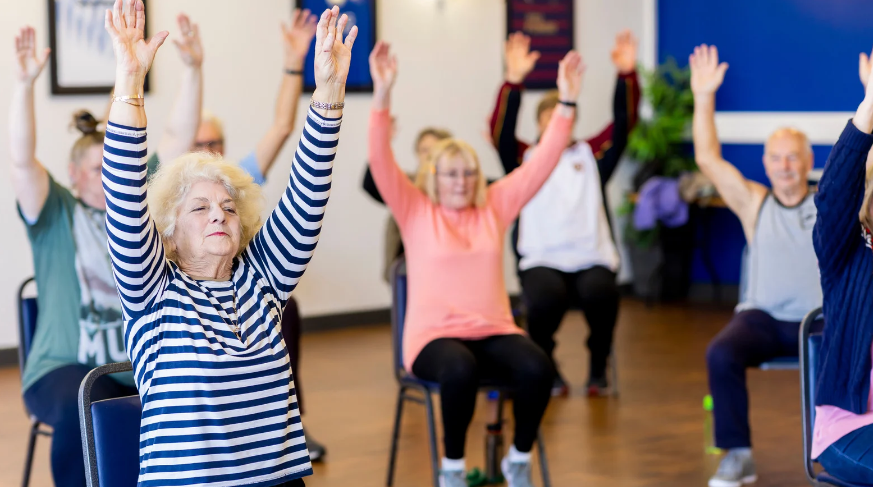Things You Need To Know About Diabetes In Elderly

Many factors contribute to aging since the body becomes weaker and less resilient with time. They are susceptible to many health problems, especially those that are age-related. For the elderly, diabetes becomes a major problem.
A diabetic condition occurs when the body does not produce insulin or when it produces insufficient insulin to meet the body’s needs. Older adults with diabetes require special attention and care because they are more likely to develop complications than middle-aged people.
Since diabetes problems compound aging problems, the elderly are at double risk. Diabetic complications present more difficulties in managing the blood glucose levels in the elderly.
With this in mind, knowing what diabetes complications are and how they limit one’s quality of life is important—the associated factors and ways to effectively manage them.
What is Diabetes?
Diabetes is caused when the body does not respond to insulin, which is a hormone that regulates blood sugar levels. When this happens, your cells begin to have trouble absorbing glucose (sugar), which leads to high blood sugar levels. This can eventually lead to organ damage, including kidney failure and heart disease.
The elderly needs to be aware of the symptoms of diabetes so that they can get treatment early on and prevent complications from occurring later on down the line.
Types of Diabetes

Diabetes comes in types 1 and 2. In each condition, your body does not produce enough insulin to transport glucose from your bloodstream to your cells.
- Type 1 Diabetes: Known as “juvenile diabetes,” it affects children and young adults. Basically, it is an autoimmune disease that destroys pancreatic insulin-producing cells. It is an autoimmune condition in which the body attacks and kills pancreatic insulin-producing cells in the pancreas. Left untreated causes blood sugar levels to rise, leading to serious complications. This type of diabetes can be controlled with diet and exercise but cannot be cured.
- Type 2 Diabetes: Type 2 diabetes, a metabolic condition, develops when your body fails to utilize insulin properly. Unhealthy lifestyles are usually responsible for it, such as eating too much sugar and not getting enough exercise. This type of diabetes can be treated with medication or surgery.
Risk Factors for Diabetes in the Elderly
There is a high risk of the elderly developing diabetes, especially if they have one of these risk factors:
AGE
As we age, our organs and cells don’t work as well as they did when we were younger. This makes the body less able to regulate blood sugar levels, especially during stress. Age is the main cause of declining physical and cognitive capabilities, making them more vulnerable to diabetes complications.
HYPERTENSION (HIGH BLOOD PRESSURE)
Hypertension is a major risk factor for diabetes in the elderly. It also increases the likelihood of other serious health issues like stroke and heart disease. Both types of diabetes are associated with high blood pressure.
FAMILY HISTORY

If you have a family history of diabetes, you could have a genetic predisposition for the disease. There is a high possibility that genetics could contribute to your risk of developing the condition if you have relatives with the disease. The chances of inheriting type 1 diabetes are greater than type 2, but any form can be passed down genetically.
RACE/ETHNICITY
Racial and ethnic differences in diabetes prevalence are largely due to differences in the distribution of risk factors. When two or more people belong to the same racial or ethnic group, there may be wide variations in incidence rates.
OBESITY
Both types of diabetes are more likely to develop when a person is obese or overweight. Elderly individuals who are obese are at a higher risk of developing diabetes, especially if the excess weight is associated with other conditions, such as high blood pressure or high cholesterol.
MEDICATIONS
Diabetes can be triggered by certain medications used to treat high blood pressure, heart diseases, or depression in the elderly. Not taking medications as prescribed, primarily related to diabetes, can lead to serious problems.
LACK OF PHYSICAL ACTIVITY

Being inactive also increases the risk of developing diabetes. This is because your body doesn’t get the exercise it needs, which causes too much hormone insulin to be released from your pancreas.
Symptoms of Diabetes in the Elderly
When it comes to diabetes, the typical symptoms that people associate with the disease are not the same in elderly patients. These symptoms usually differ between type 1 and type 2 diabetes; however, it’s important to note that symptoms of both types can affect the elderly.
- Increased Thirst and Urination – The elderly are more likely to have trouble controlling their thirst and urination due to the onset of other age-related health issues. Uncontrollable water intake is often hard for the elderly since it can be mistaken for simply being thirsty.
- Experiencing Excessive Fatigue – Fatigue is a common symptom of diabetes, mostly due to poor blood circulation. This can affect the elderly’s quality of life, especially if they have trouble keeping up with their daily activities.
- Slow-healing Wounds – Skin wounds or cuts may take longer to heal in older people with diabetes. This is because their blood does not flow as well as younger people.
- Gum Problems – Gum infections are a common side effect of diabetes in the elderly, usually caused by poor dental hygiene and low blood sugar levels.
- Blurred Vision – Vision problems are often the earliest symptom of diabetes. When blood sugar levels get too high, they cause damage to the eyes’ blood vessels. This makes it hard for your eyes to focus, especially when looking at close objects.
Treatment for Diabetes in the Elderly
Several types of diabetes treatments are available for the elderly, such as
1. Exercise

Exercise is a great way to improve the health of your body and mind. It helps you stay fit, lose weight, and feel more energetic.
Additionally, it works well for controlling blood sugar levels. It helps lower your blood glucose by increasing your insulin sensitivity and reducing the amount of insulin you need to produce to process sugar in the blood.
Regular exercise can also help you prevent or delay diabetes complications such as blindness, kidney disease, and heart disease.
2. Proper Diet
A proper diet is the best way to manage diabetes. Eating a well-balanced diet, especially exercise, will help keep blood sugar levels steady.
You must know what a diabetic diet looks like since it can be the key factor in reducing your blood sugar levels. Your doctor may suggest you try a new diet if you have trouble controlling your blood sugar.
A healthy balanced diet with the right amount of calories, carbs, and dietary fat can help you control your blood sugar levels and prevent them from spiking.
3. Right Medication
Patients with diabetes must take their medication exactly as prescribed by their doctor so they can keep their blood glucose levels within the normal range.
Not just in the elderly, medication is essential in preventing complications and keeping blood sugar levels under control. It is sometimes used as to substitute for insulin or glucose pills.
It is important to note that not all medications are safe for elders with diabetes. Some may cause serious side effects, such as dizziness, confusion, nausea, and severe stomach pain.
If you regularly take medication for diabetes, it is important to ensure you understand how the medicine works so you know when and how to take it.
4. Manage Your Blood Pressure

Blood pressure control is important for all people with diabetes, but it’s especially essential for older adults. High blood pressure puts your body at a greater risk of heart disease, kidney failure, and blindness. Keeping blood pressure under control is important to prevent these complications.
5. Regular Check-Up
The best way to keep track of your treatment is to get regular check-ups with your doctor. Your doctor will ensure that you’re making healthy changes, and they’ll be able to identify any problems that might arise during treatment.
You must keep your doctor informed about any changes you notice. If you suspect your blood glucose levels are too high, let them know and take measures to regulate them. With regular check-ups, your doctor can help you manage your diabetes and prevent long-term complications.
6. Avoiding Bad Habits

The key to managing diabetes is to avoid any bad habits. Consistency is the key to success when it comes to staying healthy. This means that lifestyle changes need to be made as soon as possible.
Smoking, for example, is a common bad habit for people with diabetes. Smoking increases your risk of heart disease and lung complications and can lead to poor circulation and nerve damage within the body.
Alcohol is also a bad habit for people with diabetes. If consumed too much, it can cause high blood sugar, which can lead to health problems.
You must avoid these bad habits to keep yourself healthy and prevent any future complications from developing.
Final Thoughts
It is important to remember that diabetes in the elderly is not inevitable. Many of the issues associated with it can be prevented or treated.
Quit ignoring your health and start taking steps to improve it in no time. After all, you never know when you’ll need your diabetes to be under control.
We at Serenity Senior Care take great pride in making sure that all of our patients have the best care. We provide various services that allow us to cater to the specific needs of our clients.
Feel free to contact us today for more information on how we can help you. We are ready to serve your needs and will give you the best we offer.


